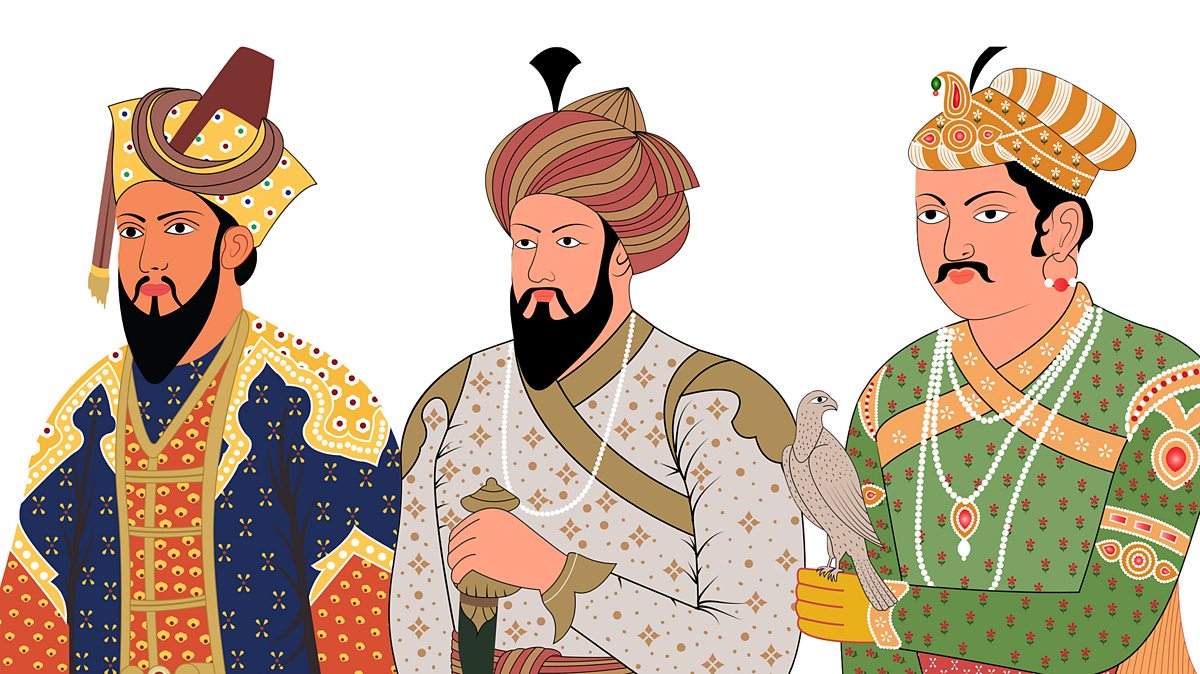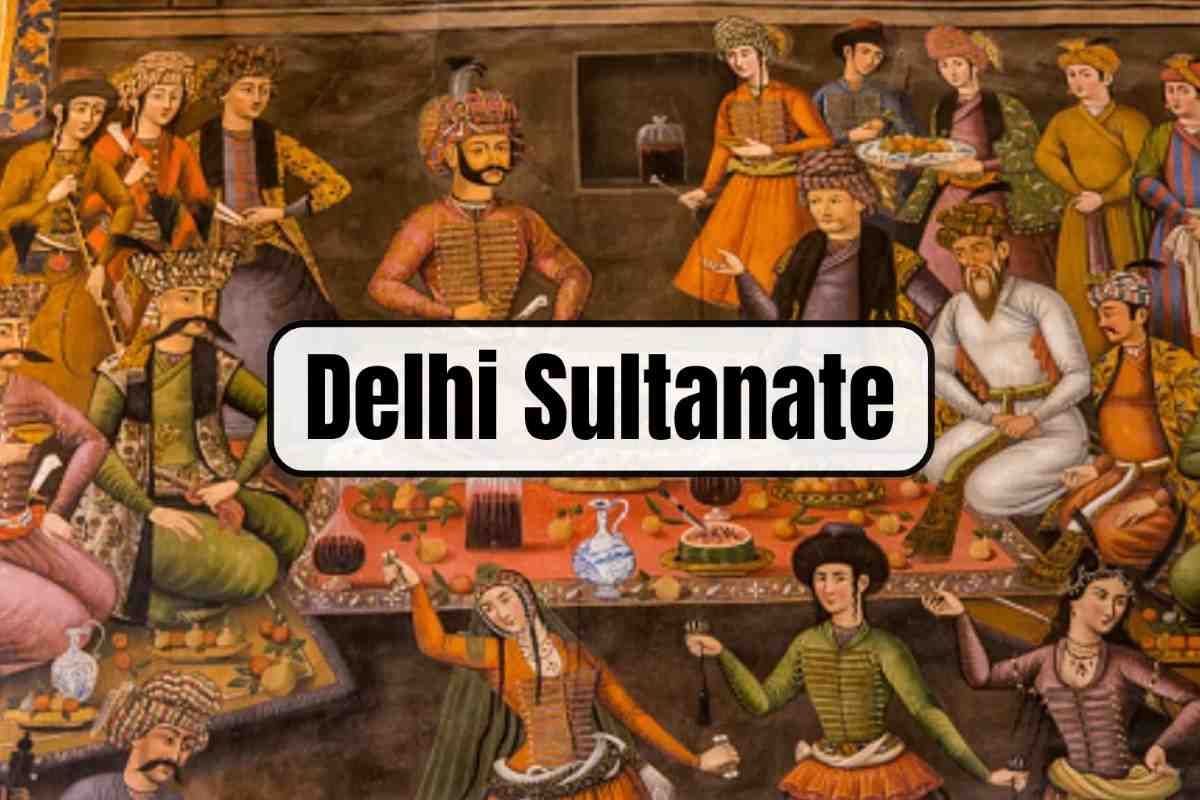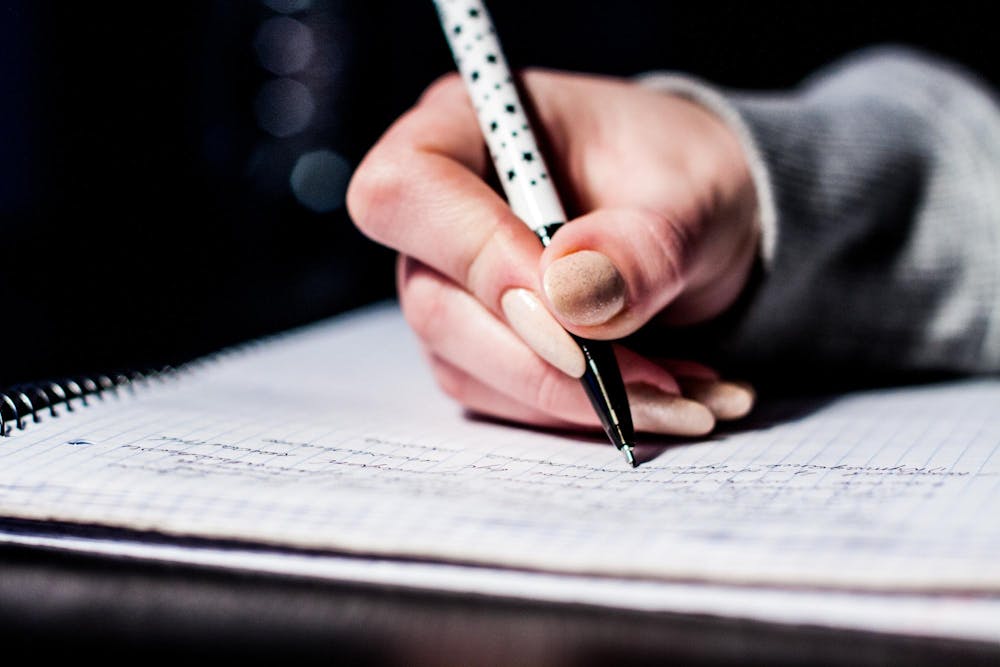Font size:
Print
Sessions of Parliament
Context: After the general elections for the 18th Lok Sabha, the First Session of the Lok Sabha and the 264th Session of the Rajya Sabha were conducted, and both houses were adjourned sine die.
More in News:
- The session began with the oath/affirmation of newly elected Members of the 18th Lok Sabha in front of the pro-term speaker.
- Following the oaths, the Speaker was elected by the members of the Lok Sabha. Subsequently, the Prime Minister introduced his Council of Ministers to both the Lok Sabha and the Rajya Sabha.
- The President addressed both Houses of Parliament assembled together under Article 87 of the Constitution. This was followed by a discussion on the Motion of Thanks on the President’s address, which included a response from the Prime Minister.
Adjournment sine die
- Means terminating a sitting of Parliament for an indefinite period, i.e, when the House is adjourned without naming a day for reassembly, it is called adjournment sine die.
- The power of adjournment sine die lies with the presiding officer of the House.
- However, the presiding officer of a House can call a sitting of the House before the date or time to which it has been adjourned or at any time after the House has been adjourned sine die.
Motion of Thanks
- The Motion of Thanks is a formal motion moved in the Parliament to express gratitude to the President for their address to both Houses of Parliament at the beginning of the first session after each general election and at the first session of each year. The President’s address outlines the government’s policies and programs for the upcoming year.
- The Motion of Thanks is debated in both Houses of Parliament. Members discuss the content of the President’s address and may raise issues or express their support or criticism of the government’s policies.
Other Ways of Terminating a sitting/session.
Adjournment
- An adjournment results in the suspension of work in a sitting for a specified time, which may be hours, days or weeks by the presiding officer .
- In this case, the time of reassembly is specified as an adjournment only terminates a sitting and not a session of the House.
Prorogation
- The term prorogation means the termination of a session of the House by an order made by the President under Article 85(2)(a) of the Constitution.
- The prorogation terminates both the sitting and session of the House and is usually done within a few days after the House is adjourned sine die.
Dissolution
- Whenever a dissolution happens, it ends the very life of the existing House and a new House is constituted after the General Elections.
- However, only the Lok Sabha is subject to dissolution as the Rajya Sabha, being a permanent House, is not subject to dissolution.
Constitutional Provision
- Article 87 (1) provides for the special address by the President stating that at the commencement of the first session after each general election to the House of the People and at the commencement of the first session of each year, the President shall address both Houses of Parliament assembled together.
Discussion on the Address by Motion of Thanks
- Article 87(2) of the Constitution: discussion on the matters referred to in the President’s Address takes place on a Motion of Thanks moved by a member and seconded by another member. Members who are to move and second the Motion are selected by the Prime Minister.
- Scope of discussion
-
- The scope of the discussion on the Address is very wide and members are at liberty to speak on every matter of national or international importance and other issues.
- At the end of the discussion, the Prime Minister replies to the debate. Thereafter, the amendments are disposed of, and then the Motion of Thanks is put to vote.
- If any of the amendments is accepted then the Motion of Thanks is adopted in the amended form.The Amendment to the Motion of Thanks include
-
-
- Specific Issues or Omissions: They can highlight areas where the government has failed to act or where its policies are considered inadequate.
-
-
-
- Criticism of Government Policies
-
-
-
- Suggestions for Improvement
-
-
-
- There have been only three instances so far, when the Motion of Thanks was adopted by Rajya Sabha with amendments.
- The Motion of Thanks with an amendment was adopted in 1980,1989 and 2001.
- There have been only three instances so far, when the Motion of Thanks was adopted by Rajya Sabha with amendments.
-
President’s Address under Article 86(1) of the Constitution
- Provides that the President may address either House of Parliament or both Houses assembled together, and for that purpose require the attendance of members.
- However, since the commencement of the Constitution, there has not been any occasion when the President has addressed either House or both Houses assembled together, under the provision of this article.



